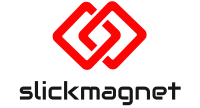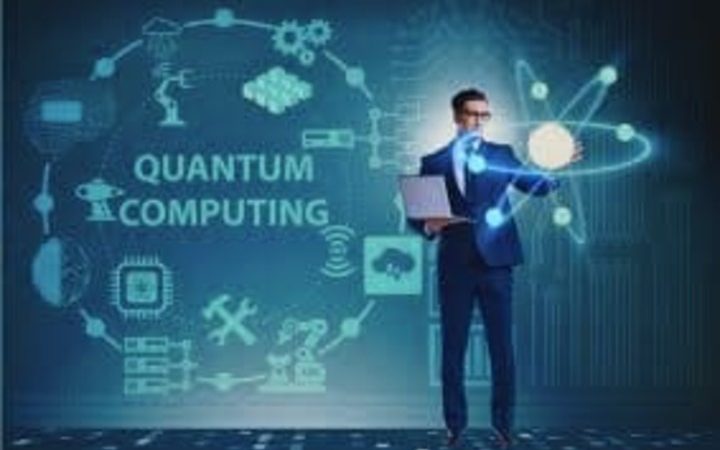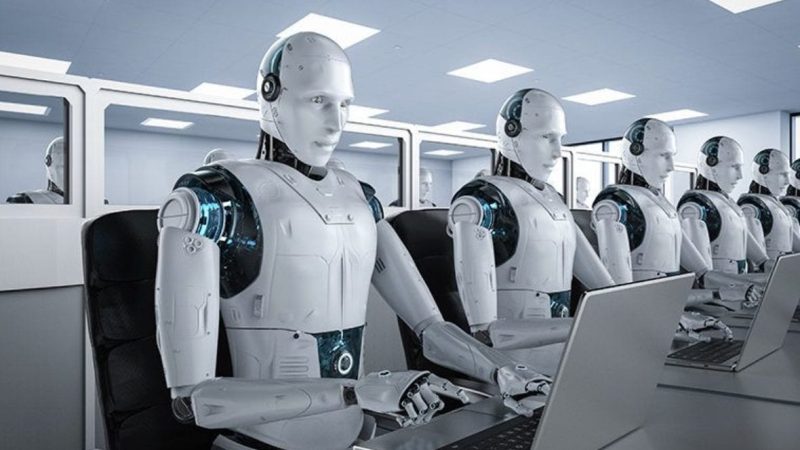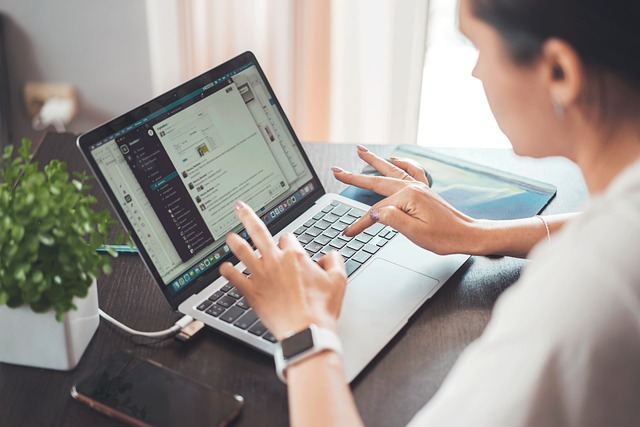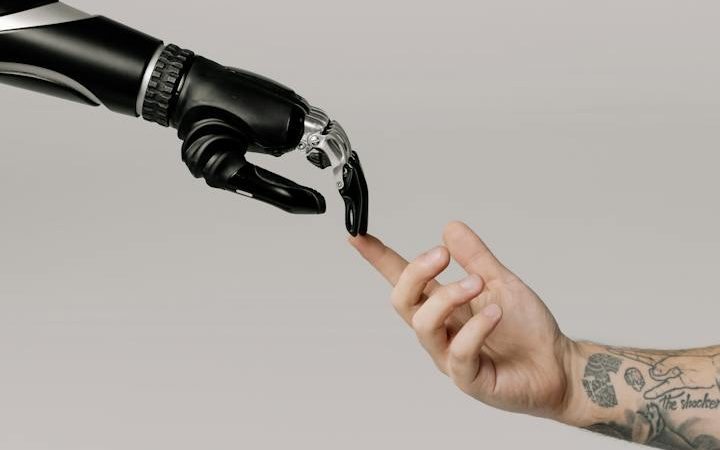9 Ways to protect your computer from virus attack in 2021
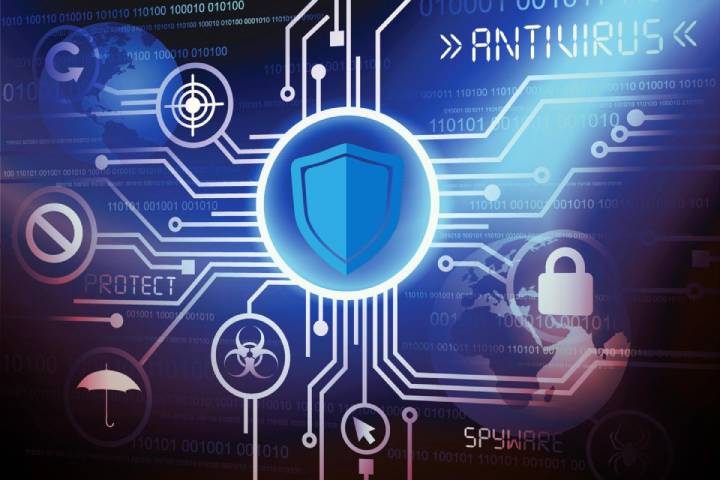
The advancement of technology, and especially the Internet, has led to our computers containing more and more information about us , as we use them in more and more areas of our lives. Administrative, banking, and fiscal procedures, among others, go through our browsers; leaving a trail that can be exploited by someone with bad intention. Here are 9 Ways to protect your computer from virus attack in 2021.
The proliferation of gadgets such as cameras, smart speakers, webcams, and smartphones also produces a wealth of sensitive information in the form of photos, videos, and audio recordings; information we would not like to see fall into the wrong hands.
Table of Contents
Security in Windows against other systems
The users who suffer the most from the problems of viruses and malware are those who use Windows , which, being by far the most popular system, is the preferred target of hackers . In the case of home computers, it is also influenced by the fact that Windows systems give the user great control of the system, allowing them to change all kinds of settings, including security ones. They also allow the free installation of programs and drivers, which in some cases may contain malicious software.
All these capabilities that the user has, can be usurped by a virus or malware, or by a hacker who takes control of our computer remotely. In the case of equipment for professional use, the transfer of control to the user is less pronounced, especially in large companies. In these cases the user usually has a limited account, and all sensitive changes have to be made by an administrator.
This operation controlled by user accounts is the one normally used by Unix and derivative systems (such as Linux or Android), which makes them less vulnerable . The Apple computer system, also derived from Unix, also maintains significant control over the system and is not easy to attack by external agents.
Actions to take to protect ourselves
There are a number of habits that we should acquire if we are really concerned about our security, as they will help us keep viruses, hackers and malware at bay . Taking these points into account will not make us invulnerable, but it will make it more difficult for all these evil elements to take advantage of us, and therefore it is easier for them to decide to look for another easier victim.
Install operating system updates
It is a process that nobody likes, it becomes tedious to wait for the updates to be installed , and many times the system decides to install them at the worst moment. However, it is very important to have our operating system up to date . Every day hackers discover new security holes and vulnerabilities on all platforms, and this is solved by applying the corresponding updates. The next time the system asks for your approval to install them, think of it as if you are plugging a hole in the wall of your house, to prevent someone you haven’t invited from sneaking in.
Install antivirus, firewall and antimalware programs
Although the problem of viruses is greater in Windows, other platforms are not free from them, and therefore it is recommended for any user to install antivirus software . There are free and paid ones, and there are many conflicting opinions on the advantages of some over others, as well as on the need to install one. Windows itself has included Defender antivirus for years, and for many users it will be enough. In the same way, Microsoft’s system includes a firewall, which is a program specialized in preventing unauthorized connections to our computer from the Internet.
Also Read: The 10 best Chrome extensions for safe browsing
Other systems also include more or less advanced protection solutions, and we have to evaluate whether they are sufficient for us or we want to go a little further, depending on the use we make of the computer, the type of web pages we visit, if we download and install programs. of doubtful origin, etc.
Use strong enough passwords
Both to access the system and to access the different services on the Internet, it is advisable to use strong passwords. A strong password contains a mix of lowercase letters, uppercase letters, numbers, and special characters (such as the dollar symbol, a hyphen, and so on). A password that is an existing word in some language or simply a number, can be deciphered sooner or later by means of automated systems, called “brute force”. As important as the type of password is to change it from time to time, at least once a year.
Protect the wireless network
One of the weak points we offer is the Wi-Fi network , which an intruder can access without much effort and without requiring great knowledge. There are programs and even Linux distributions specialized in obtaining passwords for wireless networks, and later capturing the data traffic that circulates through them. They do it in an automated way and in such a way that the attacker just has to press a couple of keys.
Therefore, it is essential to protect the signal of our Wi-Fi network , and for this we must use the most advanced encryption system that is feasible (WPA2 is adequate today for a home environment). We must deactivate the highly insecure WPS authentication in the router and activate it only when we want to connect a new device. In addition, we can add more security by hiding the name of the network (activating the option to hide SSID in the router ), deactivating the DHCP server and activating the filtering by MAC addresses . These last measures require access to the router configurationand have some advanced knowledge.
Beware of browsers and email
The web pages that we visit from our browser may contain malicious code , which ends up infecting our computer in some way. To avoid this we can use a script blocker such as ScriptSafe or No Script . It can be uncomfortable when we enter a trusted website, since it will keep some of its features blocked until we authorize it as a secure page, but it is worth it for the security it provides.
Another strain of viruses and problems is e-mail, here the causes are the attached links in the e-mails, which we often click without thinking twice. When an email includes a link, it is important to pay close attention to the source address of the email and the website to which the link is sent . In the event that it comes from the email of someone you know, ask them before opening the link. We have to be especially careful with attached files, especially executables (with the .exe extension ).
Pendrives, memory cards and external hard drives
Any storage device that we are connecting to our computer may contain a virus, so it is prudent, before accessing its content, to carry out a review with an antivirus program . This is important since just by double clicking on the icon of a new storage medium we can already give a virus access to our system. And this also applies to devices such as smartphones or digital cameras, which often when connected to the computer, give access to the internal memory they contain.
Specific measures for Windows users
In the latest versions of Windows, Microsoft has implemented systems to improve system security. As users, we have the option of deactivating them, since they can sometimes be uncomfortable for us. For Windows users we offer you a series of tips.
Do not use the administrator account for normal use
Especially in the home environment, we normally use only one account, the administrator’s. If we create a specific account for daily use, and use the administrator’s account only when necessary (installing programs, changing settings, etc.), we will achieve a higher level of security. The feasibility of this measure will depend on the frequency with which we need to install or uninstall programs and change settings. In the event that we carry out these operations very often, it may be uncomfortable for us to alternate between accounts.
Keep Windows SmartScreen enabled
This application, included in the operating system, analyzes the reputation of the programs we download and warns us when it recognizes them as harmful in its database. Once the warning is received, we can ignore it, but it is worth at least we investigate a little the possibility that we are really facing a program whose installation we may regret.
Don’t disable User Account Control (UAC)
In the event that we are not going to use the first tip, and therefore we use the administrator account on a regular basis, we should keep the User Account Control system activated. What this system does is ask us for permission every time a program is going to make a change that requires administrator permissions . If the notice appears during an installation or configuration, we can simply approve the operation. But if it appears at a time when we are not performing this type of process, we must deny the permission and suspect that it is a virus or a hacker trying to make changes.
Applying these measures will make it difficult for viruses and hackers , and although we will never be 100% sure, we will greatly reduce the risk . It is important to avoid pirated software and not provide our passwords to anyone, if we want to maintain the security of our computer. In short, apply common sense .
